Top tech for 2009
If you want to make good IT business decisions, it pays to know what's on the horizon. With 2008 safely out of the way, we take a look at what we can expect from tech in 2009.


The challenge is coding your application to be able to take advantage of the GPU's capabilities and for that purpose Nvidia has is C-based CUDA language, enabling applications to be easily written that can really take advantage of the GPUs.
The Tokyo Institute of Technology even has an NEC-built supercomputer called TSUBAME' that consists of 170 Nvidia Tesla S1070 GPUs.
The uses to which GPGPU has been put are searching for oil and gas, a cure for cancer and for aliens. Which of these is most important is probably a matter of debate, but using graphics cards for 'real man's work' - rather than just playing the Sims - is going to be big in 2009.
Fibre broadband
Fibre cables, rather than just copper, has been bubbling under throughout 2008, but in 2009 we should start to see the first fruits of the technology. Optical fibre cables promise far faster speeds than standard copper, but the expense of laying it down has, up to know, prevented it from sprouting in this country. Most of the roll out that BT is planning is based on Fibre to the Cabinet (FttC), where fibre is used from the exchanges to the cabinets used in the streets near homes and businesses. The technology that extends fibre all the way is called Fibre to the Home (FttH).
The cost to lay all of the UK with FttH has been estimated at up to 29 billion, rather than the 1.5 billion that the FttC is said to cost. BT has said that FttC will deliver around 40Mb/sec, which isn't bad, while FttH would give 100Mb/sec.
At least BT has already said that the credit crunch won't delay this planned roll out and we know that the first sites to receive the pilot trials will be Muswell Hill, London, and Whitchurch, South Glamorgan. In fact, these will be trials and would lead to full product launches in 2010.
Get the ITPro daily newsletter
Sign up today and you will receive a free copy of our Future Focus 2025 report - the leading guidance on AI, cybersecurity and other IT challenges as per 700+ senior executives
However, there are strong suggestions that BT is concentrating on new developments and that businesses that are already too far out to benefit from ADSL2, won't stand to gain from the FttC roll out either.
Even so, if BT does what it says, by the end of 2009 fibre will be a real prospect in this country and that's something we should look forward to.
SSD
If you're looking to purchase a server of any type, it makes sense to look at including a solid-state drive. SSDs have the advantage over conventional hard disks in having no moving parts, making them more robust great news for high-use environments. Equally, the lightening fast access times make them perfect for environments where responsiveness is crucial.
Intel has changed the game with its X-series drives, redesigning its memory controllers to enable modern operating systems to interact with the drives more efficiently. Its server SSD drives can deliver speeds of 250MB/sec for reads and up to 170Mb/sec for writes, well up on standard drives.
Of course, capacity and price still count for a lot, which is why their use in consumer devices such as netbooks has actually decreased, but for a transactional database those factors are irrelevant. Even the capacity issue is being addressed with pureSilicon unveiling a 1TB SSD drive at CES 2009. This drive is not due until the third quarter of 2009 and the price is likely to be eye-watering, but it certainly knocks the capacity issue on the head.
With prices coming down for lower capacities, maturing technology continuing to improve speeds and capacity being addressed at the high-end, SSDs attack on HDD looks set to continue throughout 2009.
Benny Har-Even is a twenty-year stalwart of technology journalism who is passionate about all areas of the industry, but telecoms and mobile and home entertainment are among his chief interests. He has written for many of the leading tech publications in the UK, such as PC Pro and Wired, and previously held the position of technology editor at ITPro before regularly contributing as a freelancer.
Known affectionately as a ‘geek’ to his friends, his passion has seen him land opportunities to speak about technology on BBC television broadcasts, as well as a number of speaking engagements at industry events.
-
 Asus ZenScreen Fold OLED MQ17QH review
Asus ZenScreen Fold OLED MQ17QH reviewReviews A stunning foldable 17.3in OLED display – but it's too expensive to be anything more than a thrilling tech demo
By Sasha Muller
-
 How the UK MoJ achieved secure networks for prisons and offices with Palo Alto Networks
How the UK MoJ achieved secure networks for prisons and offices with Palo Alto NetworksCase study Adopting zero trust is a necessity when your own users are trying to launch cyber attacks
By Rory Bathgate
-
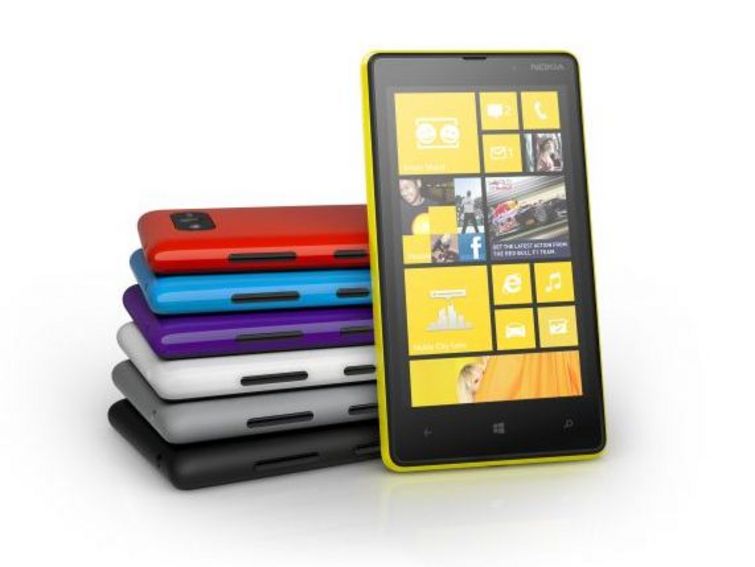 Best Windows Phone apps for 2018
Best Windows Phone apps for 2018Best We list the important Windows Phone apps to help you choose what to download
By Rene Millman
-
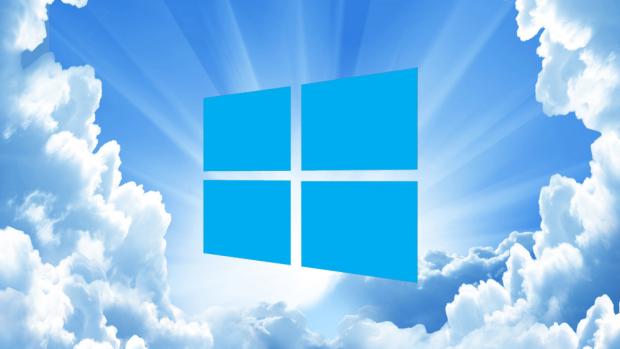 Getting Windows onto your new SSD
Getting Windows onto your new SSDTutorials Whether you want to start afresh or migrate from an existing disk, here’s how to make the move
By Clare Hopping
-
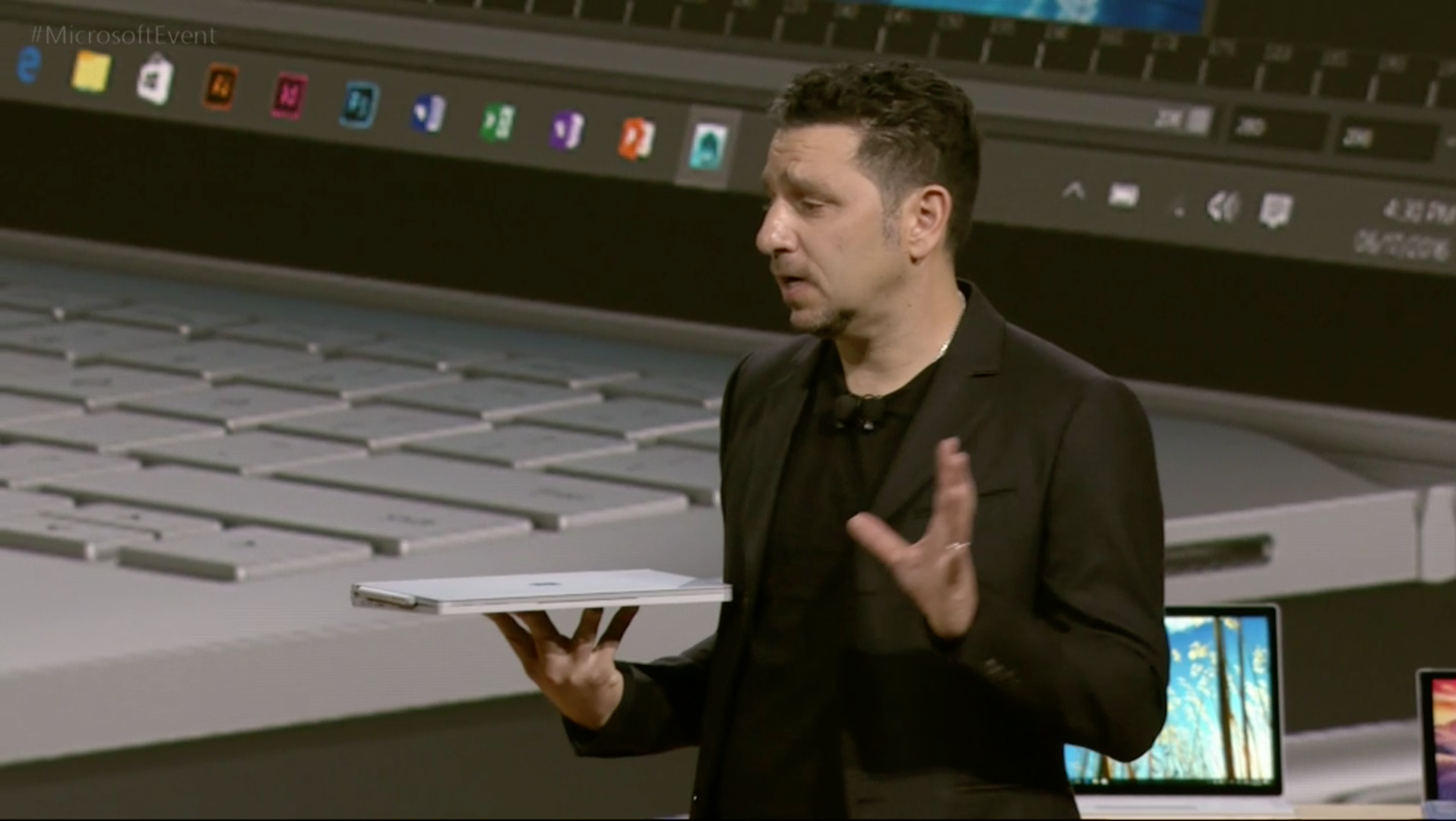 Microsoft shifts its focus on tools and devices for creative professionals
Microsoft shifts its focus on tools and devices for creative professionalsNews At yesterday's event, Microsoft announced several products developed to help people 'create'
By Ingrid Fadelli
-
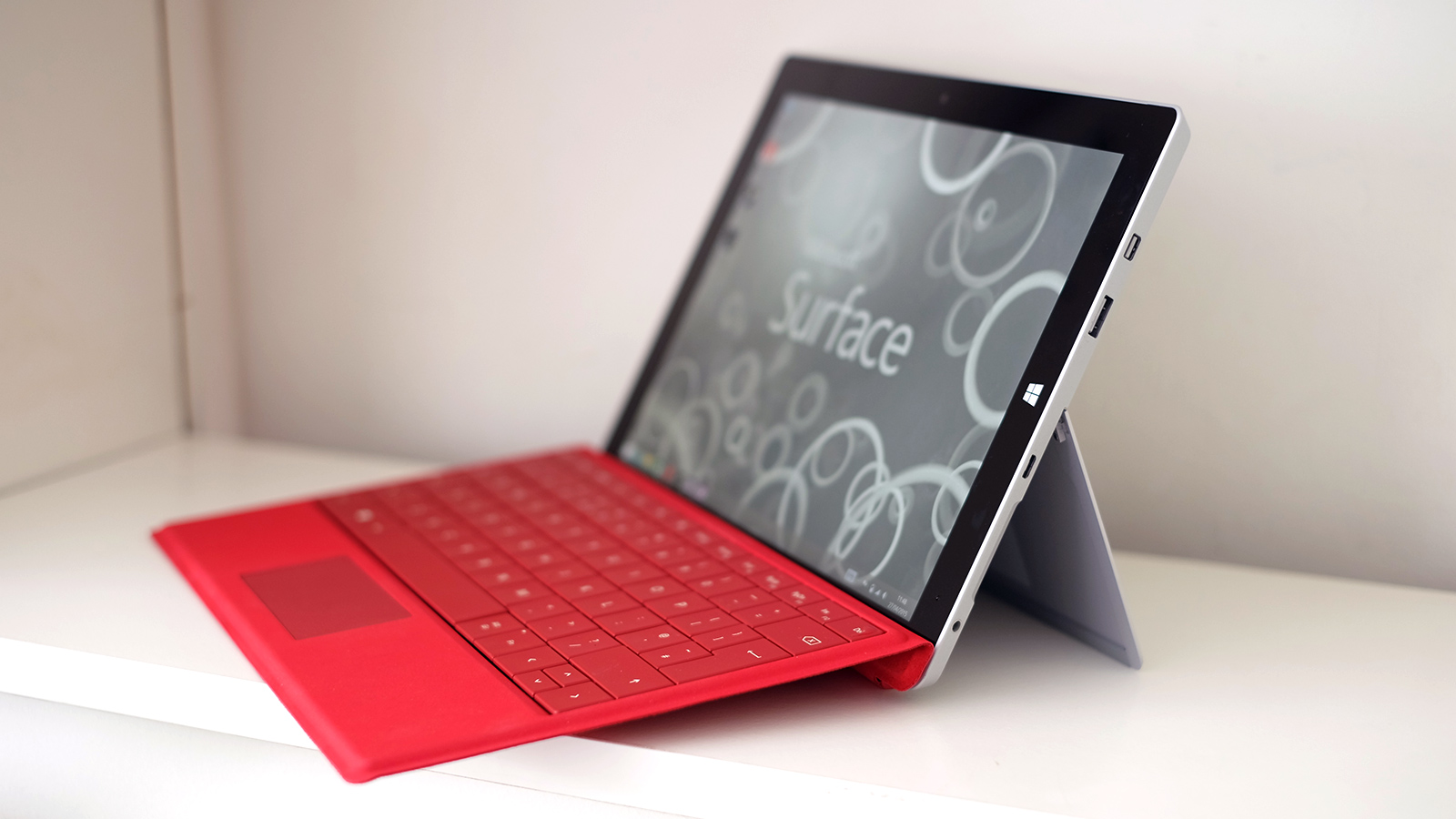 Microsoft Surface 3 review
Microsoft Surface 3 reviewReviews Will it be third time lucky for Microsoft's Surface?
By Andrew Williams
-
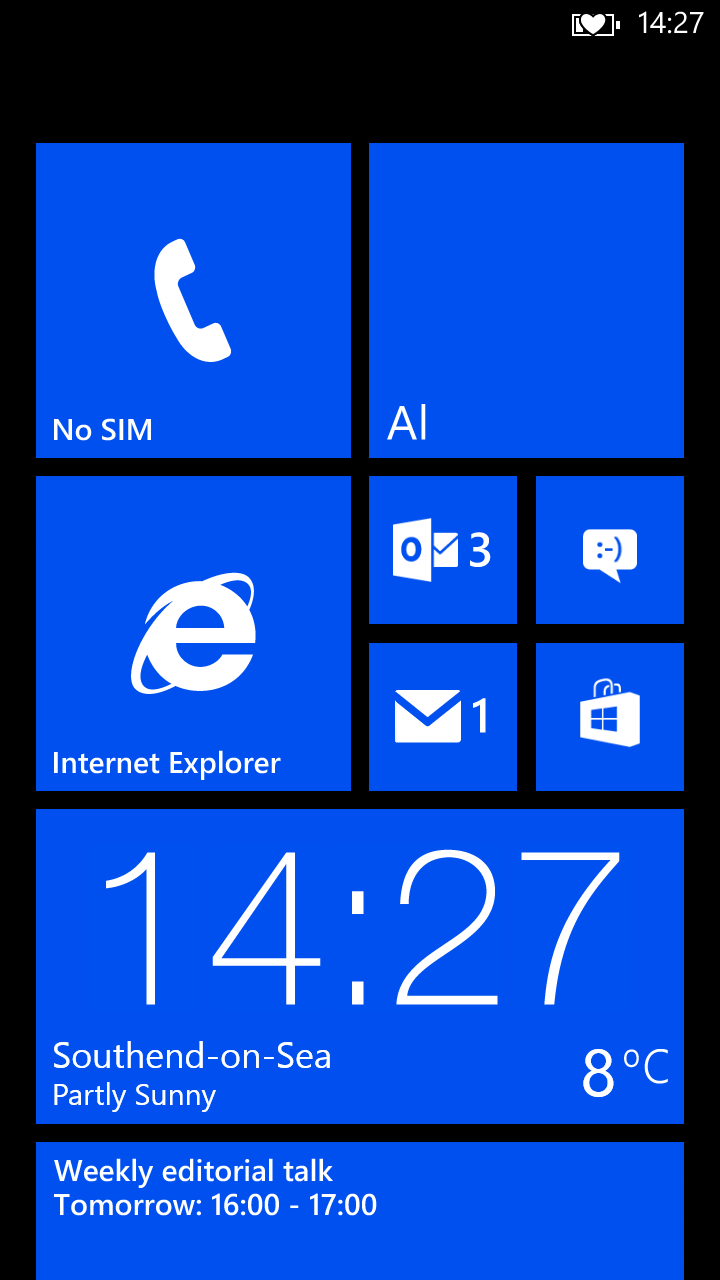 Windows Phone 8.1 released for developers
Windows Phone 8.1 released for developersNews The Windows Phone 8.1 update boasts some of the biggest changes to the platform since it launched
By Clare Hopping
-
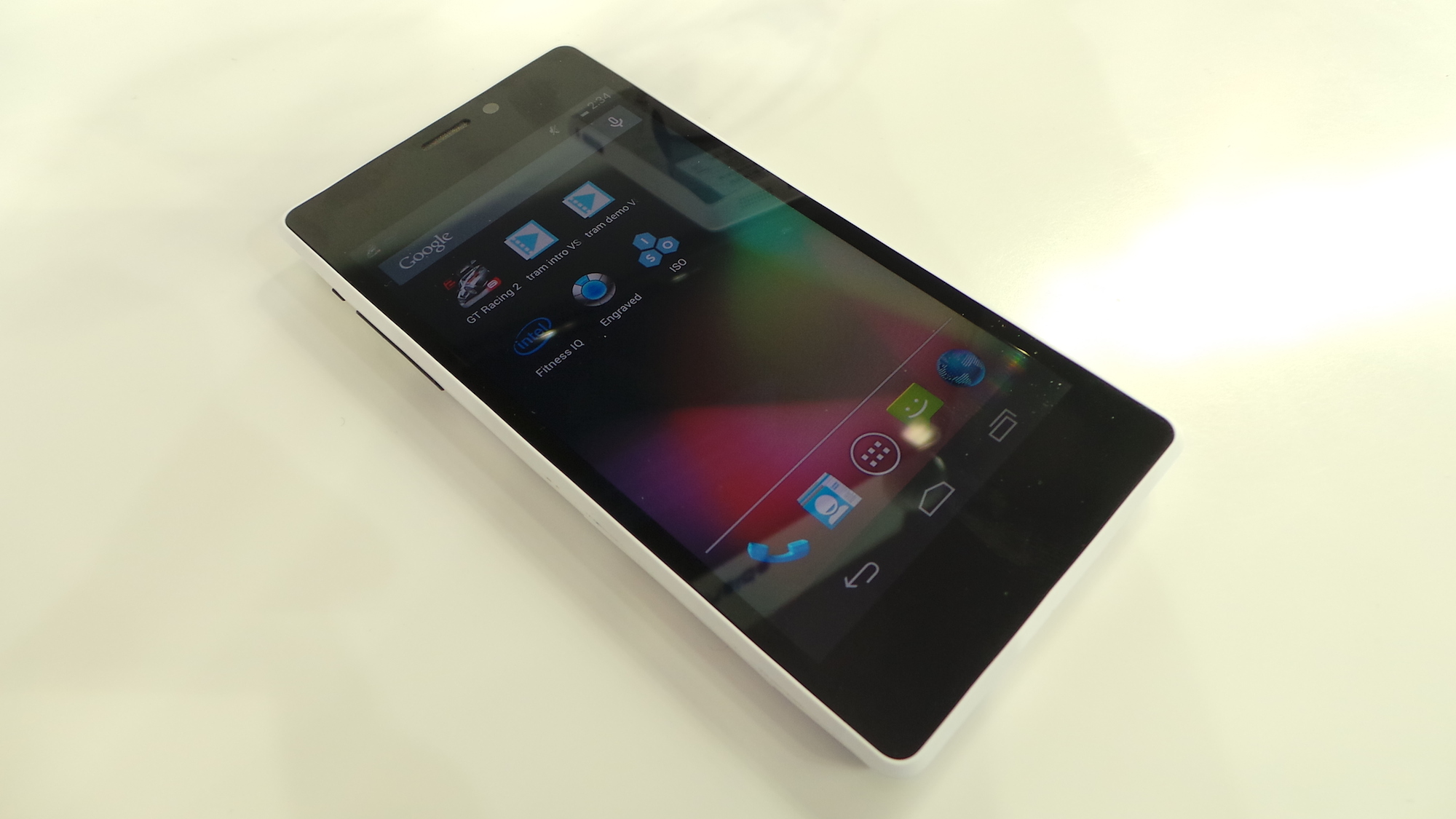 Intel Merrifield: Specs, price and release date
Intel Merrifield: Specs, price and release dateRumours Everything you need to know about Intel's 2014 Atom chips.
By Khidr Suleman
-
 IT Pro's Top Products of 2013
IT Pro's Top Products of 2013In-depth We roundup the best smartphones, tablets, laptops servers and software.
By Khidr Suleman
-
 2013 Year in Review: Top 10 tech news stories
2013 Year in Review: Top 10 tech news storiesNews We take a look back over some of the year's biggest news stories.
By Caroline Donnelly